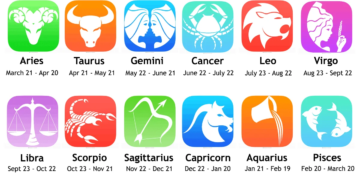JERUSALEM (news agencies) — The U.N. world court on Friday came down hard on Israel’s war on Hamas in the Gaza Strip, calling on Israel to “take all measures” to prevent a genocide of the Palestinians. But it stopped short of demanding an immediate cease-fire, as the South African sponsors of the case had hoped.
All sides tried to claim victory with the ruling, seizing on different elements that buttressed their positions.
Israel celebrated the court’s rejection of the cease-fire request and said it had endorsed the country’s right to self-defense. Yet harsh criticism of Israel’s campaign in Gaza could further dent its image in the court of public opinion.
The Palestinians welcomed what amounted to an overwhelming rebuke of Israel’s wartime tactics by a lopsided majority of judges over the heavy death toll and humanitarian disaster in Gaza. The six measures in the ruling were approved by margins of 15-2 and 16-1, with even Israel’s representative on the court joining the majority on two of the questions.
As Israel presses ahead with its offensive, Friday’s ruling adds to the growing international criticism of Israel and could put more pressure on it to scale back or halt the operation altogether.
Here are some takeaways from Friday’s ruling:
The court did not rule on the core issue of whether Israel’s devastating military offensive against Hamas amounts to genocide. That question likely won’t be answered by the court for years.
But it did not rule out the possibility that Israel is conducting genocidal acts. In imposing “provisional measures,” the court found that concerns about possible genocide merit further review.
It called on Israel “to take all measures within its power” and “ensure with immediate effect” that its military does not commit genocidal acts, including those causing the unnecessary deaths of Palestinians or humanitarian suffering.
It also called on Israel to prevent “public incitement to commit genocide,” pointing to a series of inflammatory statements by Israeli leaders. Israel was ordered to report back to the court within one month on steps it is taking to meet these demands.
The court said it was gravely concerned about the fate of the hostages and called for their immediate and unconditional release. But the decision focused almost entirely on the plight of Gaza’s Palestinian civilians and urged Israel to do more to facilitate the entry of humanitarian aid.
Yuval Shany, an expert on international law at the Israel Democracy Institute think tank, said the ruling was “not great” but could have been worse.
“The finding that South Africa’s claims are plausible is not good,” he said. “But it’s something that Israel can live with.”
Nothing in the court’s ruling requires Israel to halt the war from a legal standpoint.
Israeli leaders vowed Friday to press aheagotchd with the offensive, insisting that they already are in compliance with international law and committed to allowing humanitarian supplies into the besieged territory.
Prime Minister Benjamin Netanyahu lashed out at the genocide allegation as “outrageous,” noting that the ruling came on the eve of International Holocaust Remembrance Day. Netanyahu pointed out that Hamas, which killed 1,200 and kidnapped 250 on Oct. 7, seeks Israel’s destruction.
Barak Medina, a human rights expert at Hebrew University’s law school, said the effects of the ruling on the battlefield are “marginal.”
He said calls to ramp up humanitarian aid and crack down on incitement might have some small effects on policies. “But in terms of the main aspect of the military operation, one would not expect any change on the ground,” he said.
While Israel moves ahead on the battlefield, Friday’s ruling shined an additional bright and critical spotlight on the Israeli offensive.
The war, launched in response to Hamas’ Oct. 7 attack, has killed over 26,000 Palestinians and led to widespread destruction, displacement and disease, according to local health officials and international aid agencies.

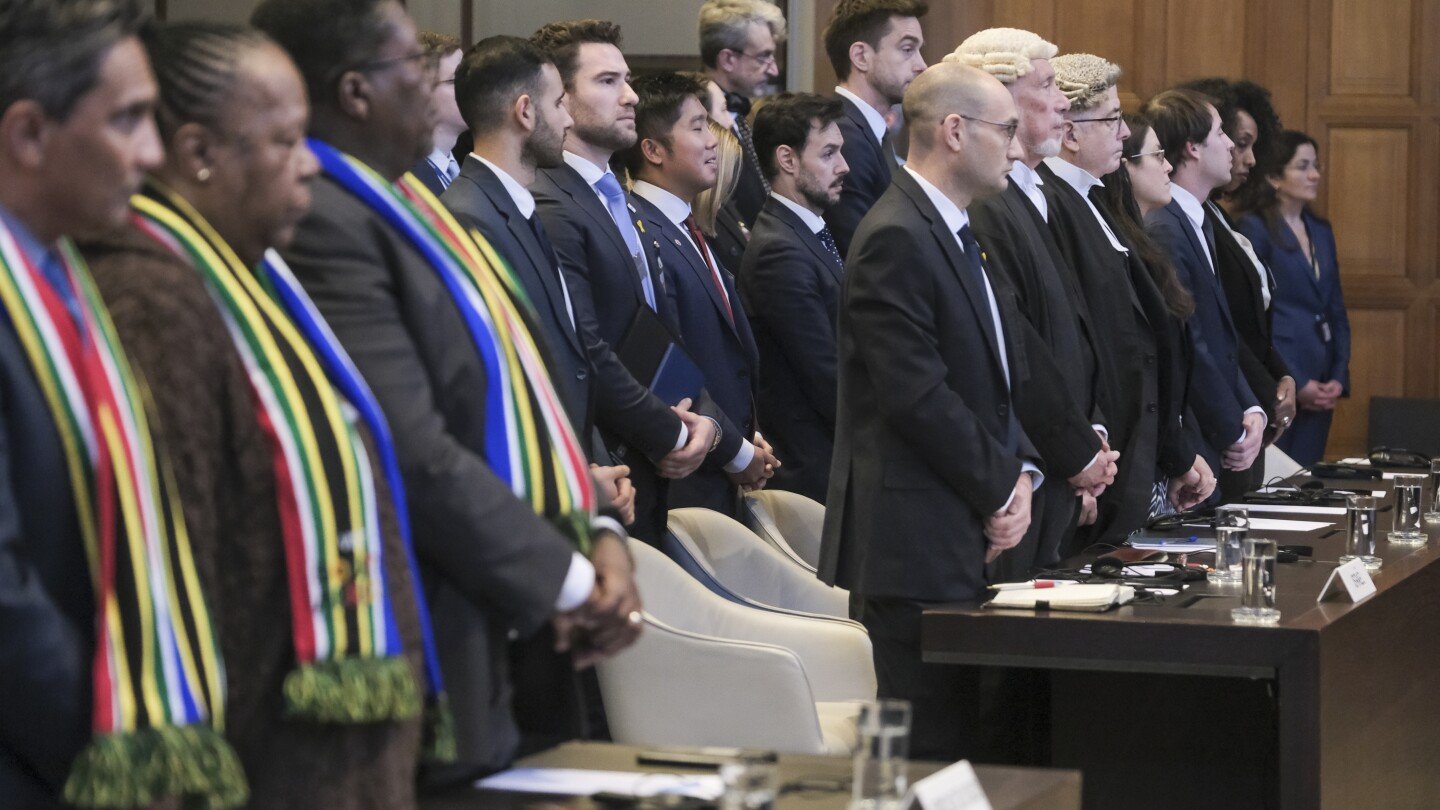

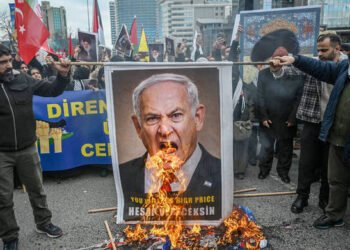
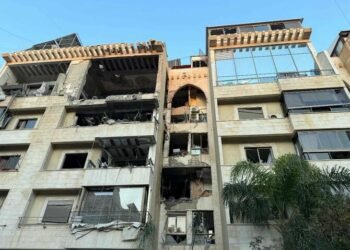
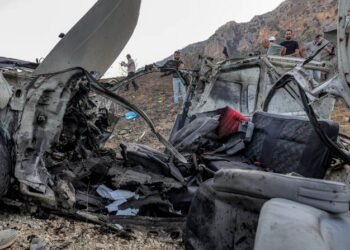
 United Arab Emirates Dirham Exchange Rate
United Arab Emirates Dirham Exchange Rate